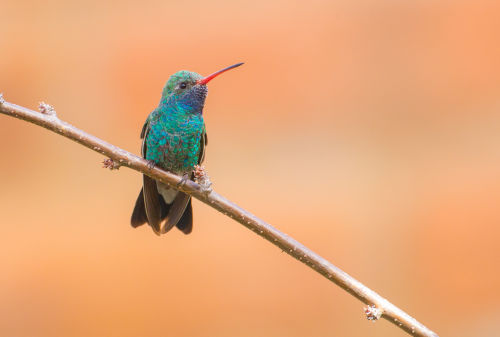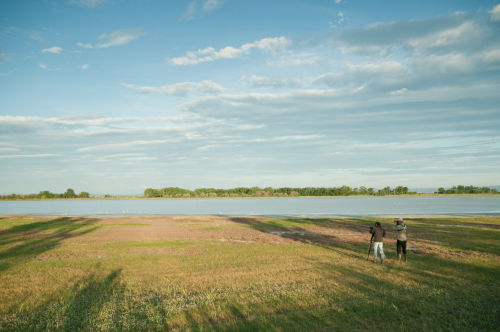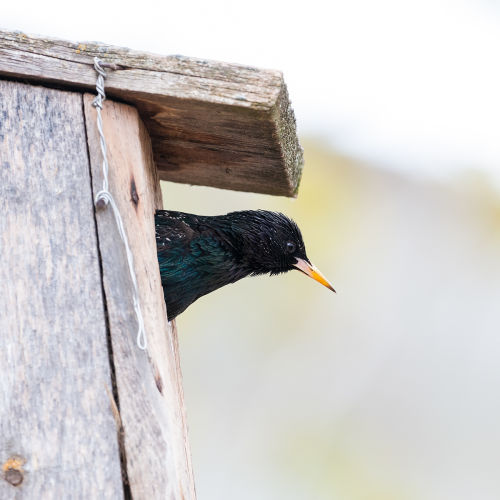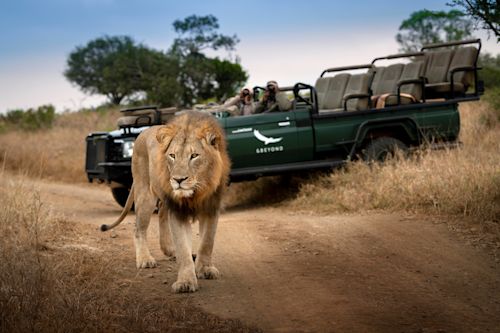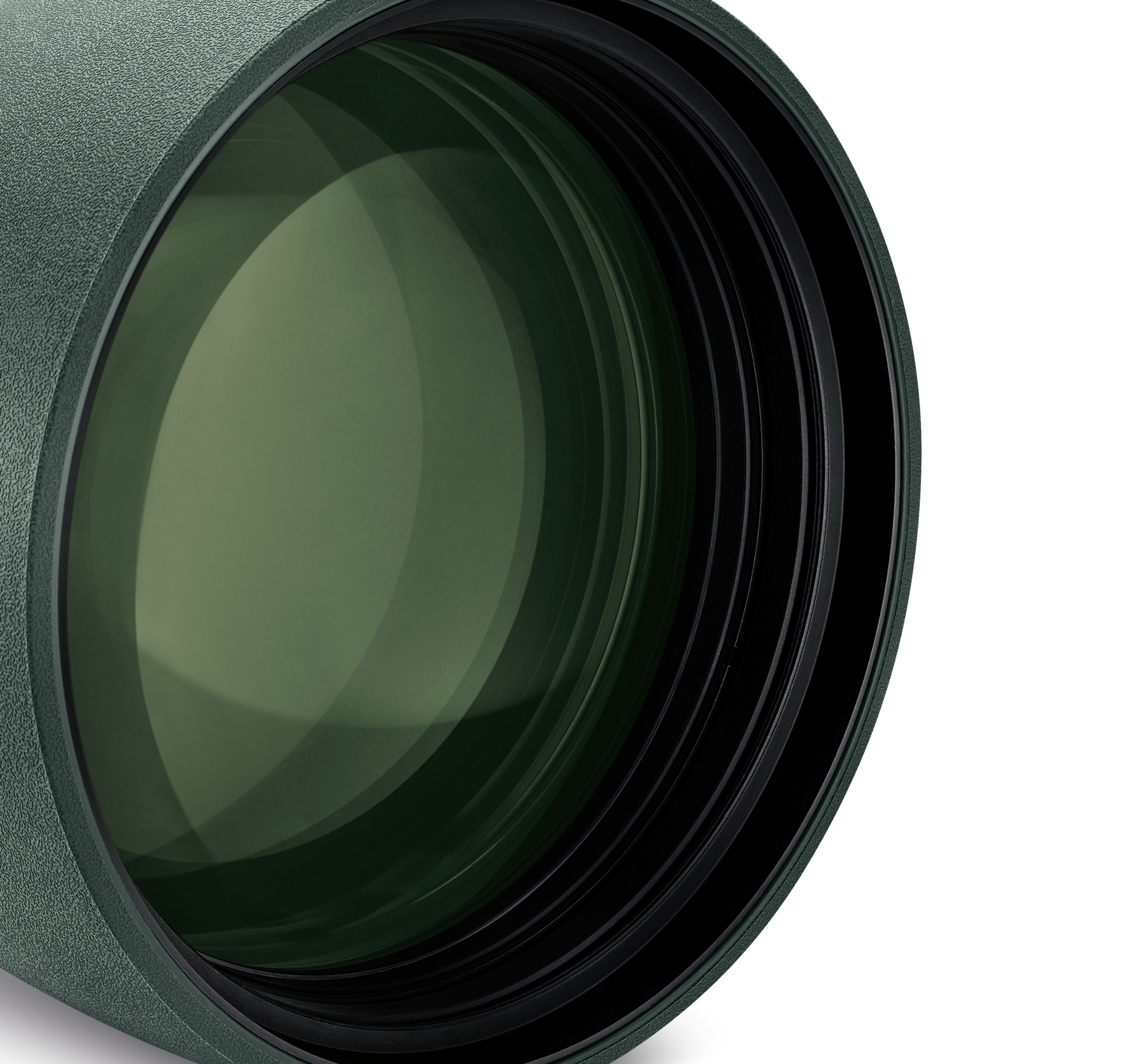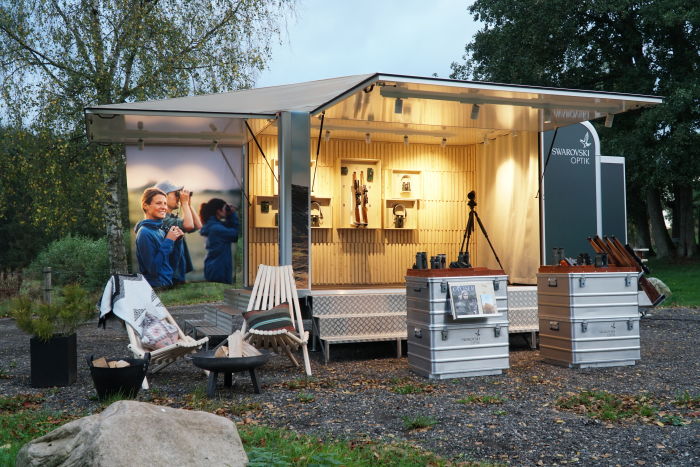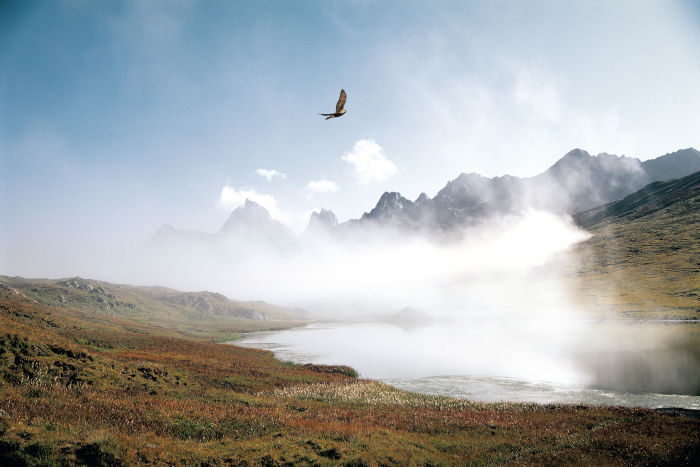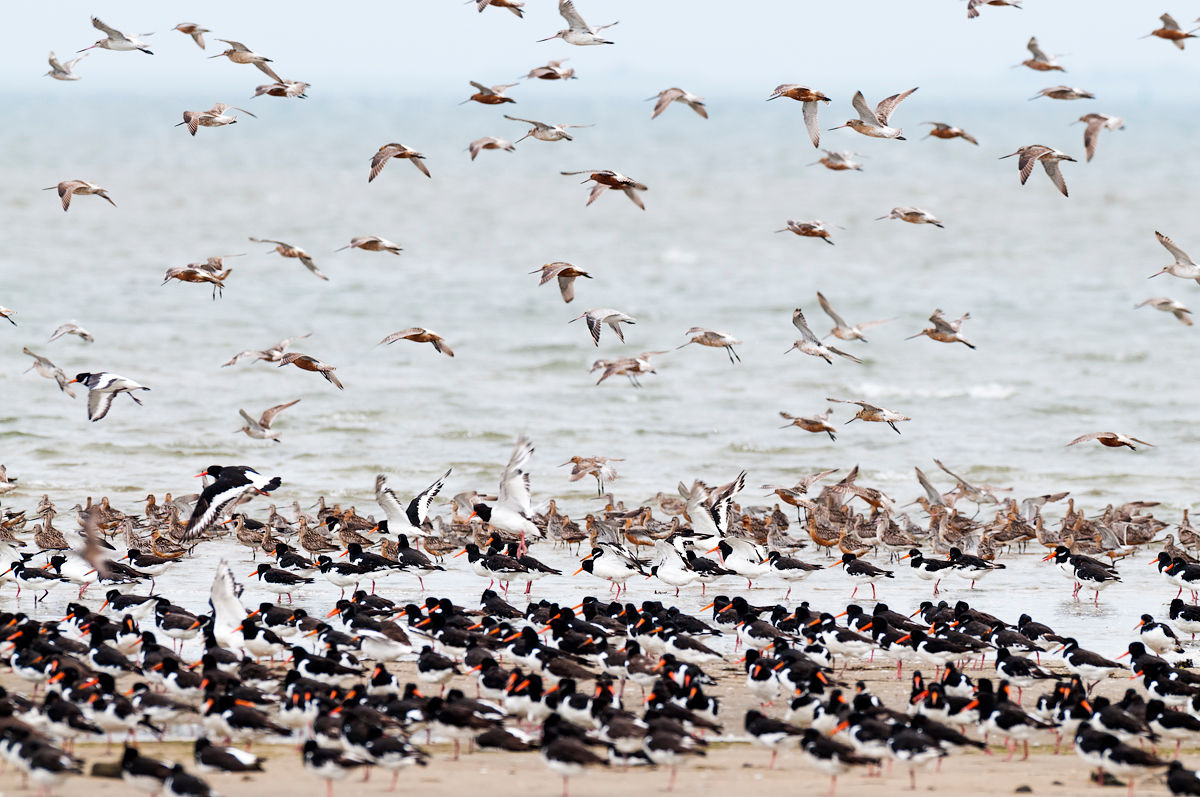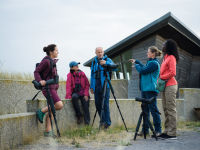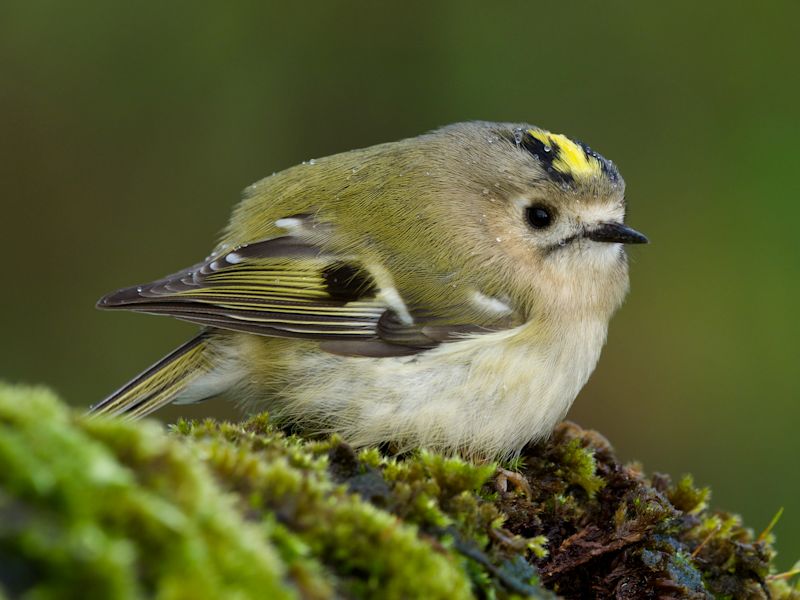There may come a time in your journey as a birder where you want to further improve your skills or broaden your knowledge base. Maybe you find wading shorebirds difficult to identify, or perhaps there are certain look-alike species you continue to struggle with? The appearance of birds can differ dramatically depending on the bird’s age and the time of year. Learning to better identify difficult cases is often a logical next step in the progression of any birder.
The following advice may inspire you to take the next step.
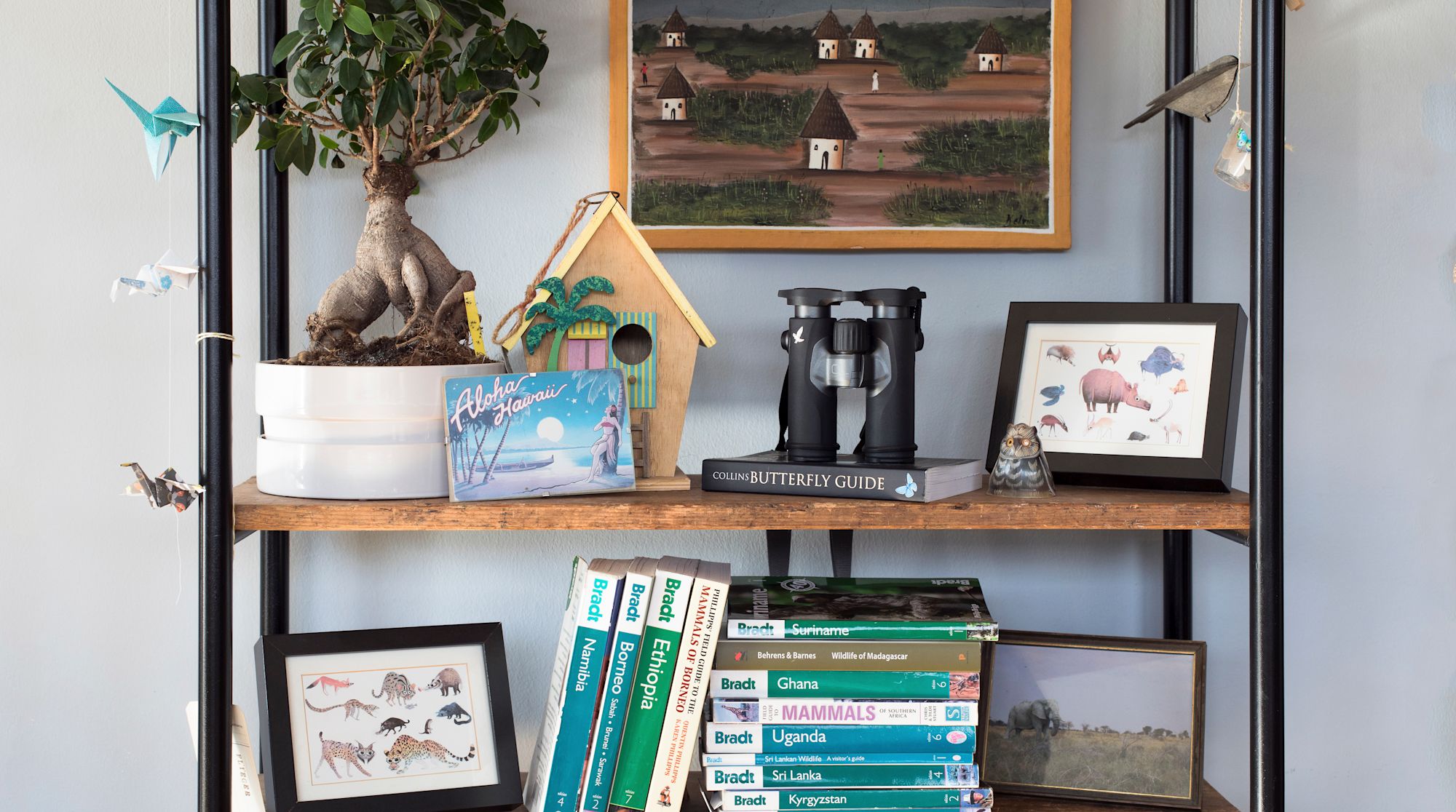
1) Strengths and weaknesses
What are your strengths and weaknesses as a birder? Need to brush up on your gulls or hard to ID raptors? Honest self-appraisal is a good place to start. Then just pick one and enjoy tackling your new challenge!

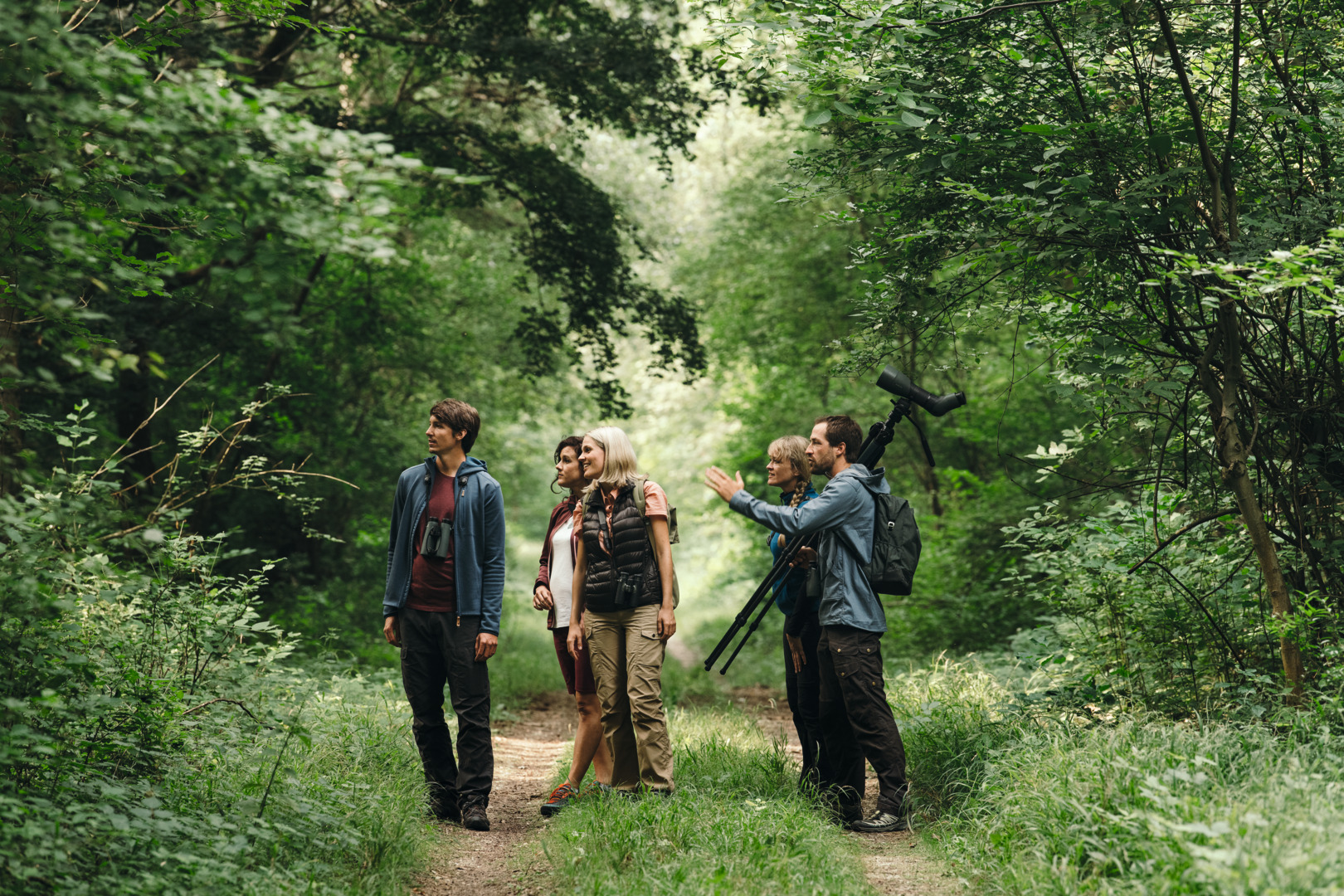
2) Birding: pairwise or in a flock
Spending time with other birders, especially if they are more experienced than you, is the fastest and likely most rewarding way to improve. If you are fortunate enough to have a mentor, or to spend time with a more experienced birder, take note of how and where they look for birds. Ask yourself what behaviors or strategies make them successful and try to emulate behaviors you find compelling.
3) Birding by ear
Consider either downloading a set of local calls from the internet to memorize, or purchase a collection on CD.
Like photography, recording bird song is an excellent way to substantiate an ID. Spending time recording birdsong is also a great way to better learn calls and songs!
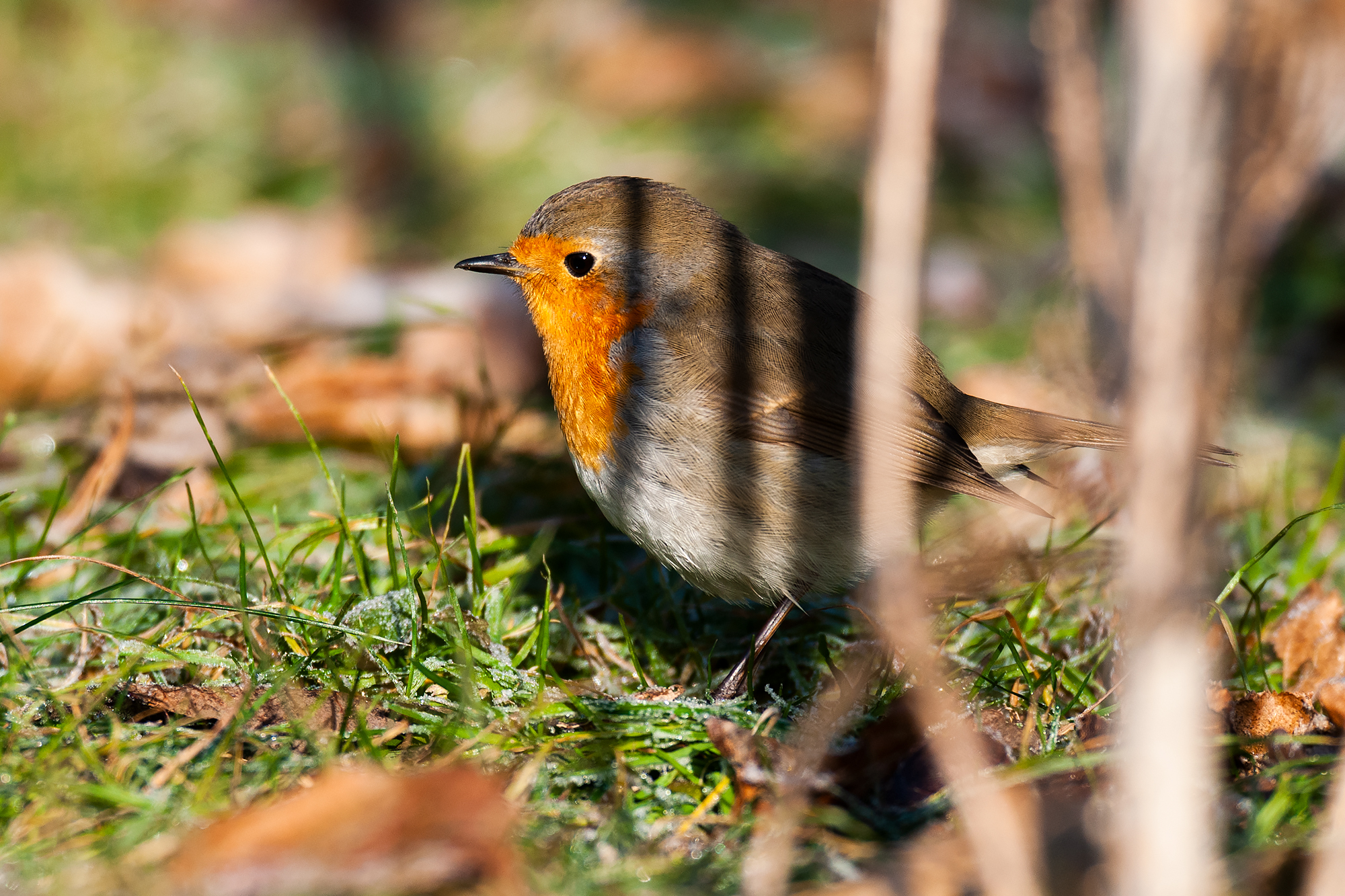
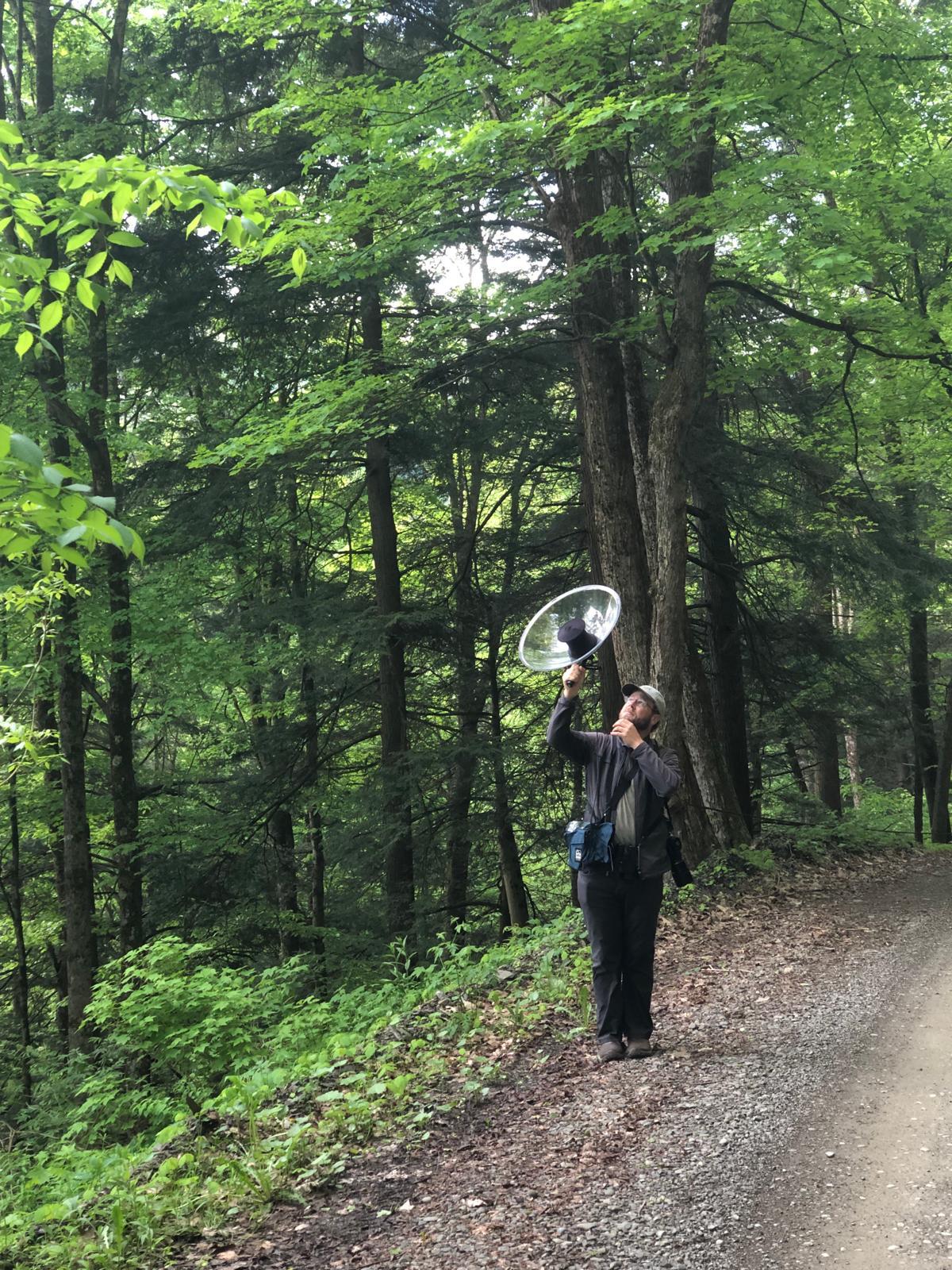
Image to the right: © Cullen Hank/ Cornell Lab of Ornithology
4) Travel
Of course, to become a better birder, you don’t have to go anywhere beyond your own backyard! Yet exploring a new area is a chance to put the skills you’ve developed at home to the test in a new and exciting environment.
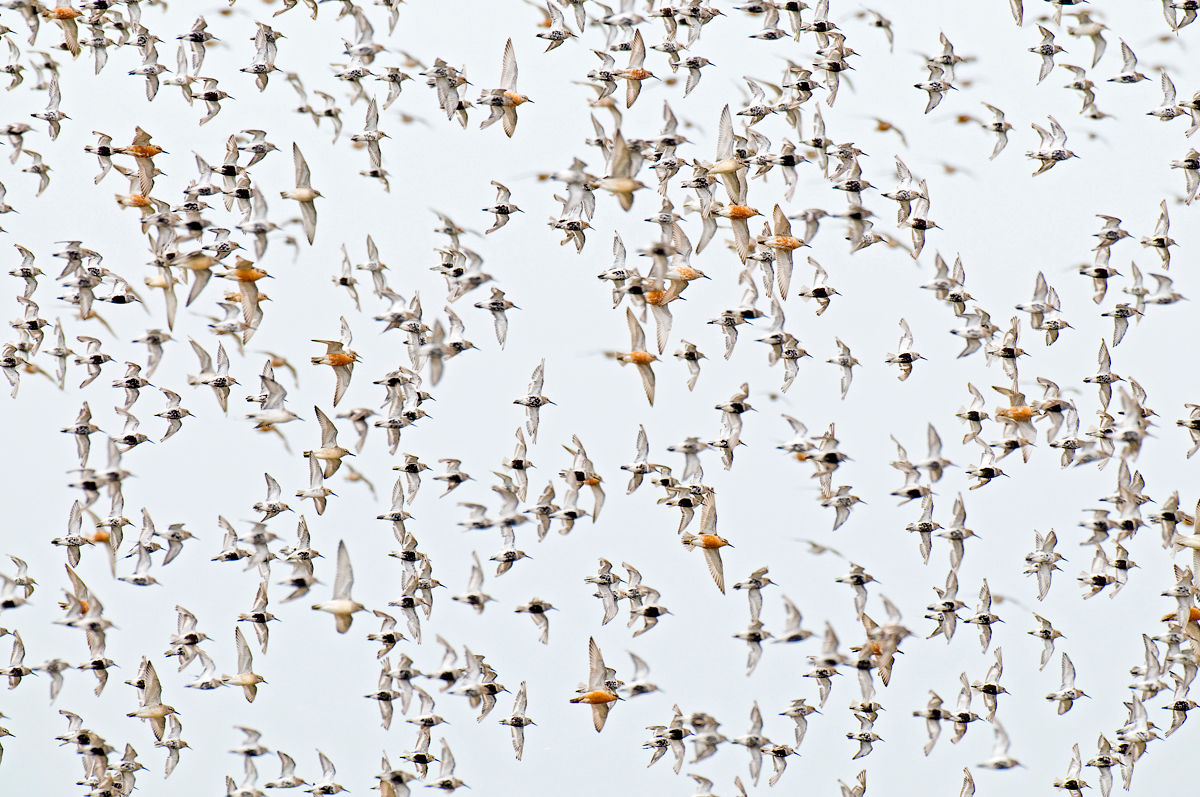
5) Understand the big picture
Improving your skills can also mean a deeper understanding of ecology, bird movements and migration, and a better overview of how the puzzle pieces fit together.
There are migratory birds in your own community that travel a long way to visit you each and every year. Appreciating these rhythms awakens an importance for the need to protect bird habitats in your own community and beyond.
App developers may find out how to make use of the digital guide’s potential.
